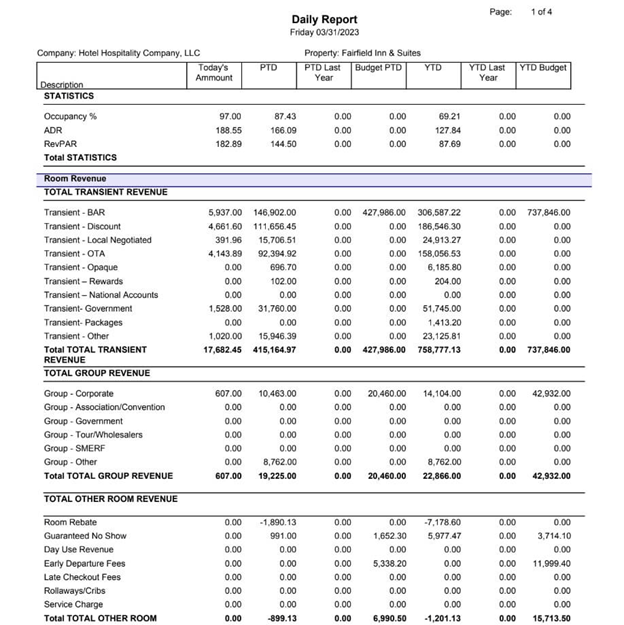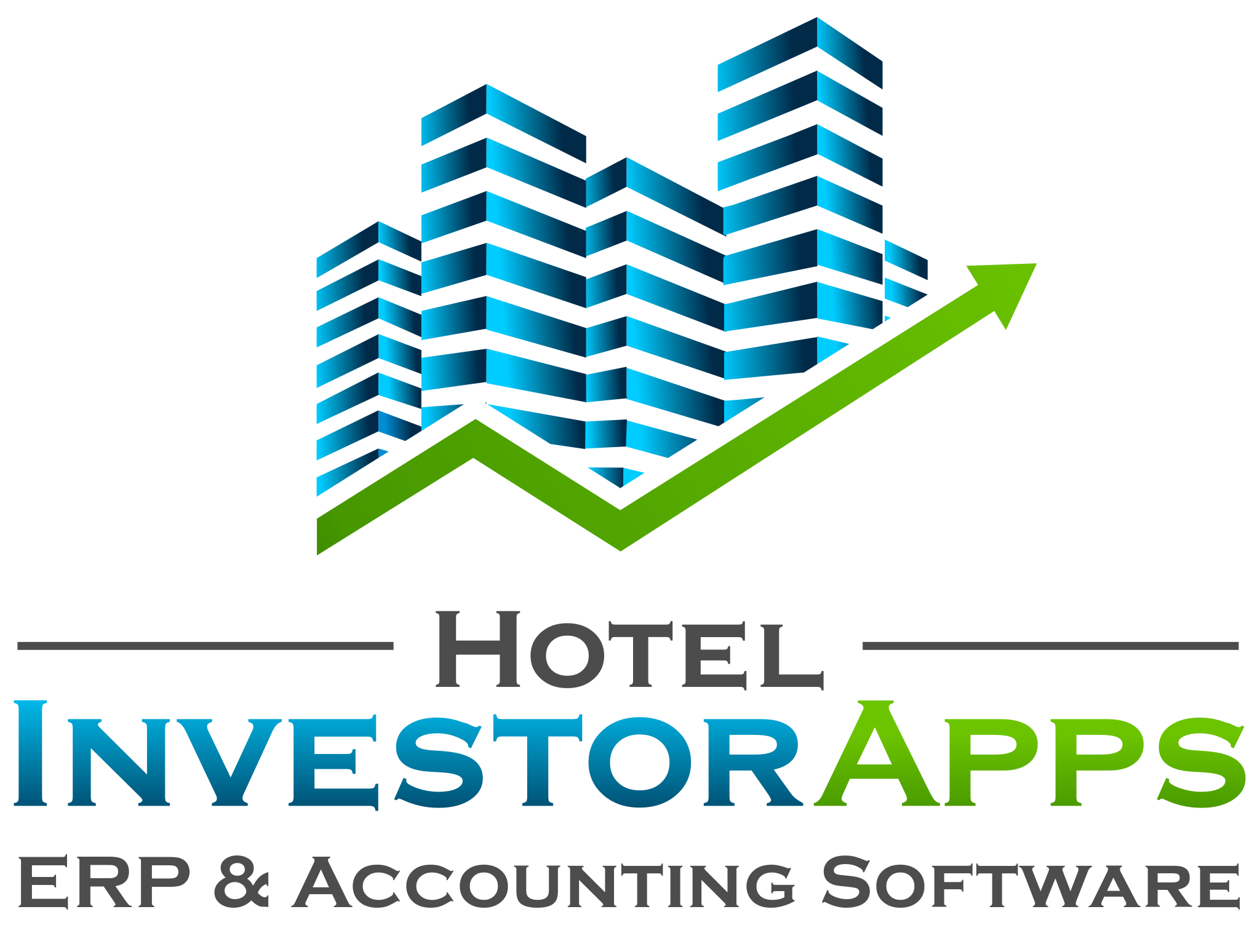If you run a bustling hotel, you know the struggles of juggling data from multiple sources, be it the front desk, housekeeping, your restaurant, vendors, and more. You know how difficult it is to consolidate these various reports into one cohesive, understandable format.
It’s a complex dance that requires precision, time, and a deep understanding of data manipulation. Each department generates its own reports with its own formatting, and it’s your job to make sense of it all.
It’s an essential step in strategic decision-making, helping you see the bigger picture and make data-driven decisions to propel your hotel’s success.
But the traditional methods that have been the industry’s safety net (manual entry in Excel) may not be the most effective way to consolidate your reports, and that’s precisely what we want to explore today.
| Key Takeaways |
|
The Traditional Way To Consolidate Reports: Excel
One of the longstanding methods to consolidate reports in the hotel industry has been using Excel. This powerful spreadsheet software has been used extensively to combine data from various reports, especially for multi-property report consolidation.
The process typically involves manually importing data from different sources – PMS systems, POS systems, housekeeping reports, food and beverage sales, and more – into a single Excel sheet. It’s a task that requires precision, time, and significant data manipulation skills.
To expedite this process, hotel staff often take advantage of Excel macros.
How Excel Macros Helped Speed Up the Consolidation Process
Excel macros have become an essential tool for hotel staff, streamlining the process of report consolidation. These pre-programmed sequences automate repetitive tasks, reducing manual effort and increasing productivity.
In the process of consolidating hotel reports, several tasks can be automated using Excel macros:
- Data Import Macros: This type of macro can automate importing data from various sources into your main spreadsheet rather than manually copying and pasting data from different reports.
- Data Cleaning Macros: Every system/department has its own formatting, so you’ll need to run these types of macros to clean up inconsistencies or errors. There will typically be multiple types of macros you need to run.
- Data Analysis Macros: Once the data is consolidated and cleaned, you can start to analyze the information.
- Report Generation Macros: After the data analysis is complete, you’ll want to generate a report to visualize the data, making it easier for interpretation and decision-making, such as turning the information into a pivot table.
The Problems with Consolidating Hotel Reports in Excel
Although Excel is a powerful tool and macros can greatly streamline the consolidation process, several challenges are still inherent to using it. The complexity of the hospitality industry, with its multiple data sources and the need for real-time, accurate reporting, further exacerbates these issues.
Here are some of the most common problems that arise when using Excel:
- Time-consuming Setup: Writing macros and setting up Excel for consolidation can be time-consuming, especially for complex reports or larger data sets.
- Potential for Manual Errors: Combining reports manually leaves room for missed data sets, typos, incorrect formulas, etc.
- Inconsistent Data Formats: As we discussed earlier, data from different departments or sources may be in different formats. This requires additional cleaning and standardization, which can be complex to automate fully.
- Lack of Real-time Updates: Excel doesn’t provide real-time updates. You’d need to continuously import new data and rerun your macros for real-time data.
- Limited Access Control: In Excel, it’s difficult to control who has access to what data. This can pose a risk in terms of data security and privacy.
- Limited Scalability: Excel has row and column limits. If your hotel grows or if you need to consolidate more data, you may hit these limits.
While some hotel managers are able to overcome some of these challenges, others may want an easier way to consolidate their reports.
A Simpler and More Effective Way
This is where Hotel Investor Apps (HIA) comes into play. HIA’s cutting-edge financial and business intelligence software is designed to simplify the report consolidation process, eliminating the need for manual data importation, intricate Excel macros, and time-consuming data cleaning processes.
HIA offers a streamlined, user-friendly platform with enhanced features that easily surpass traditional methods, such as:
- Automated Data Importation: The platform automatically connects with your existing Property Management Systems (PMS), Point of Sale (POS), and STR and imports data in real time.
Standard and Custom Report Generation: Since HIA is built by hoteliers, they give you the option to use standard reports or build your reports how you want them.

- Automatic Daily Report Consolidation: HIA consolidates all the flash reports from each property in your portfolio to get overnight individual property and portfolio KPIs. Before HIA, regional managers would send separate PDF daily reports from each property to ownership or manually combine the reports in Excel, but in HIA, they are aggregated automatically. And the daily send of reports by email can be automatically scheduled as well.
- Financial Reporting: Multi-property financial reports are consolidated within the HIA system without any manual work involved.
- Role-Based Dashboards: These provide a personalized view of data and KPIs that are relevant to a specific role within a hotel.
- Advanced Analytics: HIA provides consolidated reporting, dashboards, drill-down functionality, and custom reports for better insights.
- Unified Platform View: From portfolio-level views to individual properties, HIA integrates both accounting and operational data in one place with a single login, providing a more comprehensive view of hotel operations.

If you want to learn more about HIA’s unique features and take the first steps toward simplifying your hotel reporting, contact a member of our team and schedule a demo.

Director of Marketing at HIA
Elisa Fritsch, Director of Marketing at Hotel Investor Apps (HIA), contributes 15+ years of sales and marketing experience from a wide range of corporate to start-up environments. At HIA, Elisa focuses on marketing strategy, content, and leveraging her hospitality industry knowledge to drive growth.










